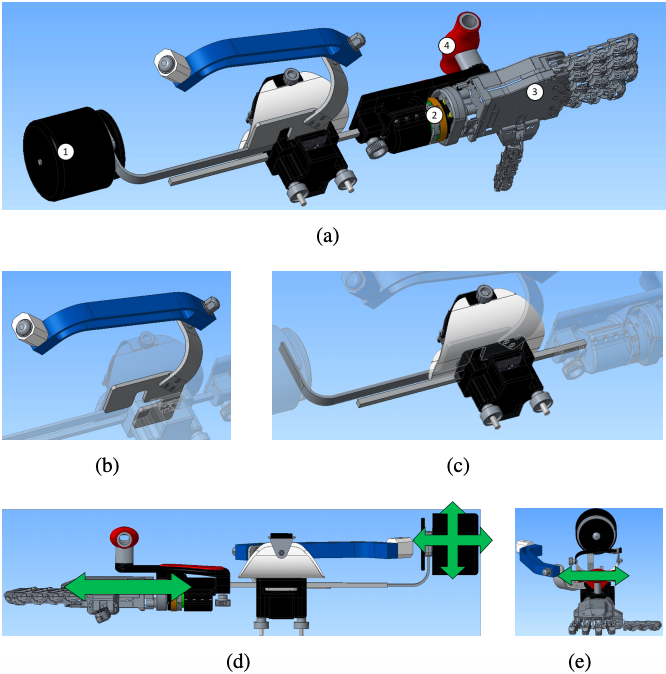
Upper limb functions are severely affected in 23% of the chronic stroke patients, compromising their life quality. To re-enable hand use, providing a degree of functionality and motivating against learned non-use, we propose a robotic supernumerary limb, the SoftHand X (SHX), consisting of a robotic hand, a gravity support system, and different sensors to detect the patient’s intent for controlling the robotic hand. In this paper, this novel compensational approach is introduced and experimentally evaluated in stroke patients, assessing its efficacy, usability and safety. Ten patients were asked to perform tasks of a modified Action Research Arm Test with the SHX, by using three input methods. The mARAT scores rated the potentiality of the system. Usability was evaluated with the System Usability Scale, while spasticity before and after use was measured by the modified Ashworth Scale (mAS). Nine patients, not able to perform any tasks without external support, completed the whole experimental procedure using the proposed system with a median score greater than 12/30. Among the three input methods tested, the usability of one was rated as “good” while the other two were rated as ”ok”. Seven patients exhibited a reduction of the mAS. All nine patients stated that they would use the system frequently. Results obtained suggest that the SHX has the potential to partially compensate severely impaired hand function in stroke patients.

